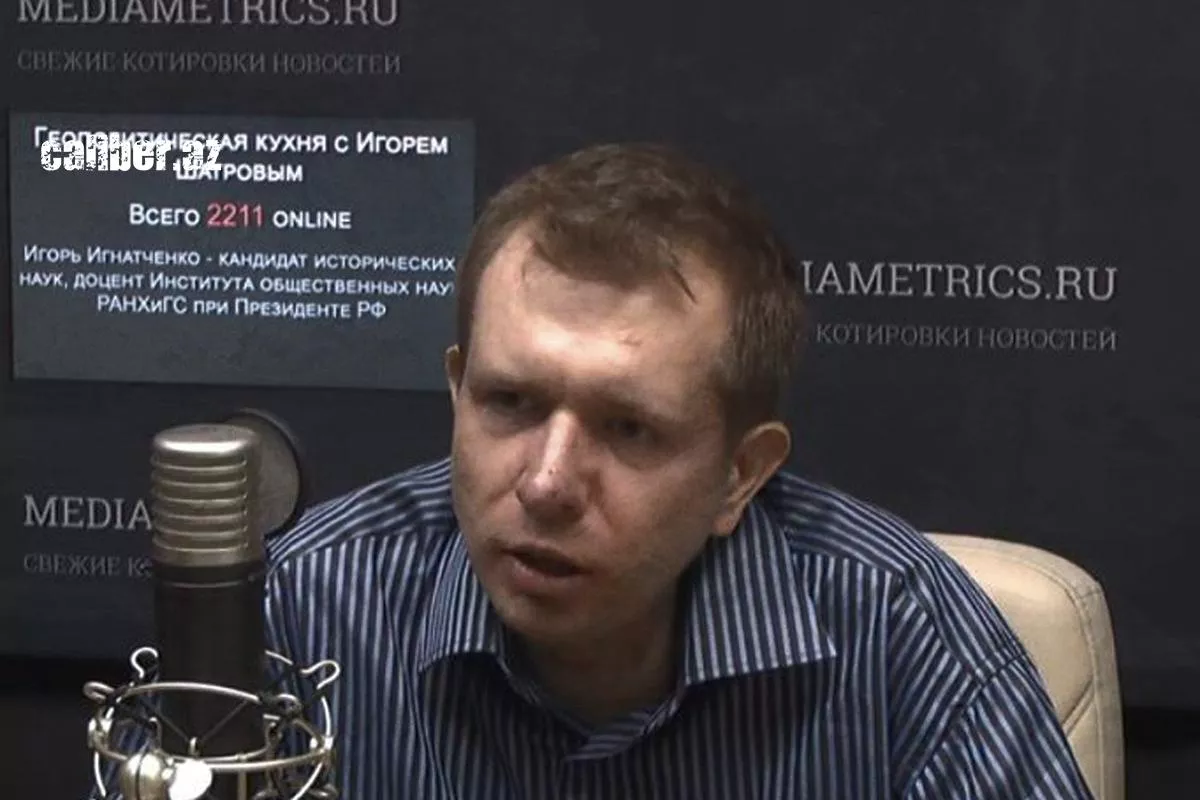France's dark legacy: Historical alliances with authoritarian regimes Expert insights
France has found itself on the same side as Iran in conflicts in the South Caucasus and the Middle East, according an article by Jewish News Syndicate. The article notes that France is supplying weapons to Armenia, which maintains good relations with Iran, raising concerns that Western-made arms could end up in Tehran's hands. The publication states, "France, like Iran, is providing military assistance to Armenia in order to use it as leverage against Azerbaijan."
The piece also emphasizes that Paris supplies the Lebanese army with armoured personnel carriers, which later reach Hezbollah, which later uses them in the war against Israel.
What evaluation can be made of such actions by Paris? What strategy is France pursuing by supporting aggressive organizations and states? In other words, what is the ultimate goal of this assistance from the perspective of the French elites?
Caliber.Az turned with these questions to prominent foreign experts.

Israeli publicist Alexander Nepomnyashchy notes that France has a long history of its elites engaging in a close flirtation with some of the world's worst regimes.
"One of the most striking examples of this is World War II, when the French establishment essentially led their country to collaborate with Hitler's Nazi regime. Although the generosity of Britain and the United States towards General de Gaulle allowed France to emerge on the side of the victors by the end of the war, the historical fact remains unchanged," the publicist stated.
In his view, the current president of France is likely one of the most unsuccessful leaders in the country’s history.
"However, his actions and statements seem to fully reflect the sentiments of the progressive French elite, which is willing to support even the most repressive global regimes for its own interests.
By supporting the Iranian proxy structure Hezbollah, which has turned Lebanon into its hostage, Macron not only undermines peace and stability in the Middle East but also weakens his country's international standing, losing reputation both in Israel and in several other countries in the region.
One can hope that in the upcoming presidential elections in France, the favorite of French society, Marine Le Pen, will win, as she is evidently more competent in both domestic and foreign policy," Nepomnyashchy said.

Russian expert on French studies, Igor Ignatchenko, a candidate of historical sciences and associate professor at the Institute of Public Sciences of the Russian Presidential Academy of National Economy and Public Administration, believes that France supplies arms to Armenia to solidify its strategic alliance with this country in the South Caucasus region.
"This aligns with France's conflicting situation with Türkiye and, consequently, with Azerbaijan," he noted.
Regarding the sale of weapons to the Lebanese army, it should be noted that France previously signed a very large contract with the Saudi Arabian government to supply certain types of arms to the Lebanese army specifically to enable it to counter terrorist organizations in the Middle East and to maintain sufficient combat capability. The fact that this weaponry could potentially end up, as the author of the mentioned article, Joseph Epstein, notes, with Hezbollah is theoretically possible; such a risk does exist.
It is important to also understand Paris's economic interests. This military contract is advantageous primarily from a financial perspective. Moreover, Paris signed the agreement directly with Saudi Arabia, not with the Lebanese government. This slightly alters the nature of the situation: formally, if this weaponry spreads throughout the region, Saudi Arabia will bear the responsibility.
Additionally, for France, the opportunity to strengthen its position in Lebanon and, through it, in the Middle East appears promising. Furthermore, the significant pressure from the Muslim community in France and French leftist parties evidently supports an anti-Israel agenda in the Middle Eastern conflict, leading to a gradual abandonment of Paris's unconditional support for Israel and a search for alternatives for some rapprochement with Islamic states in the Middle East," concludes the French studies expert.








